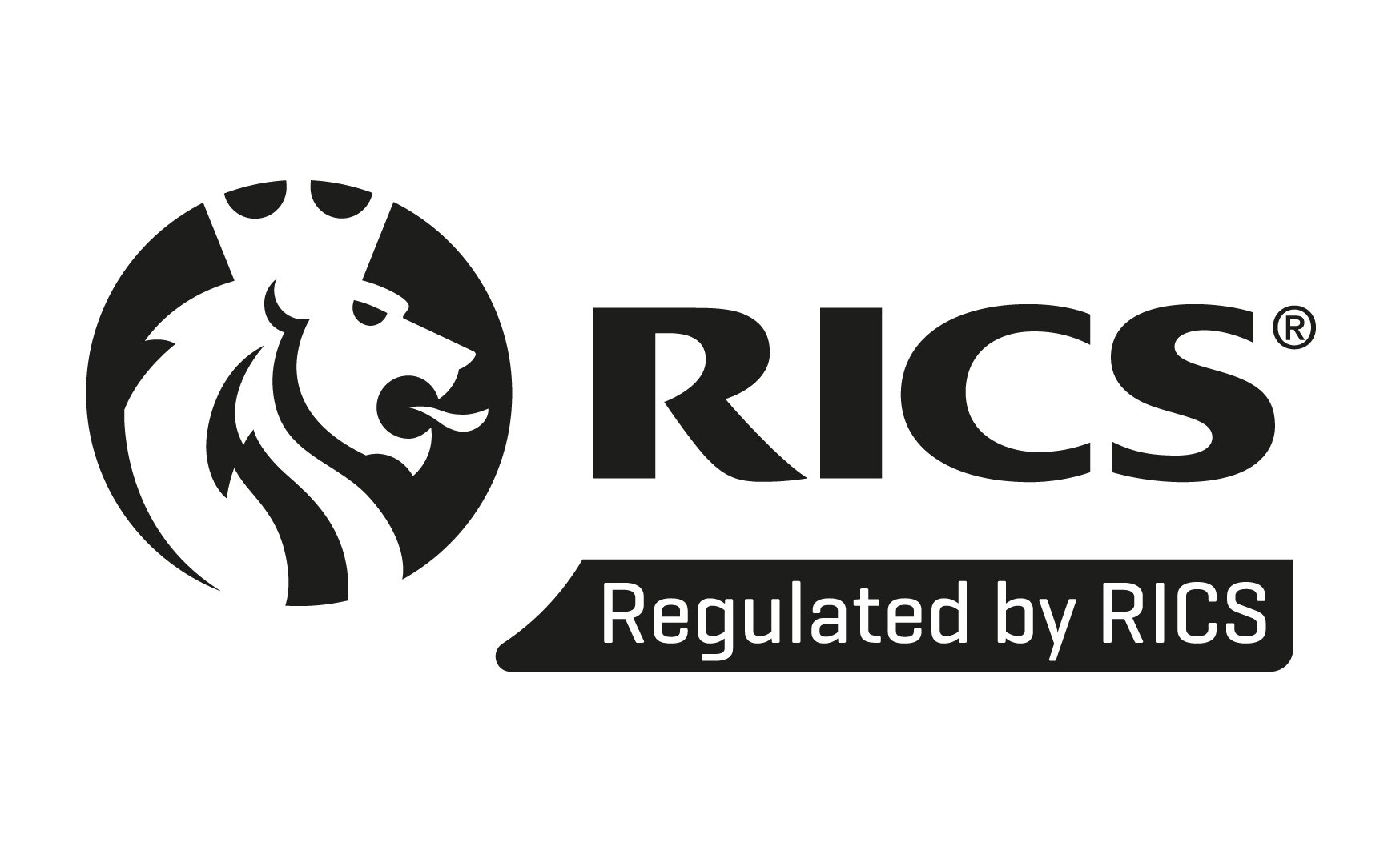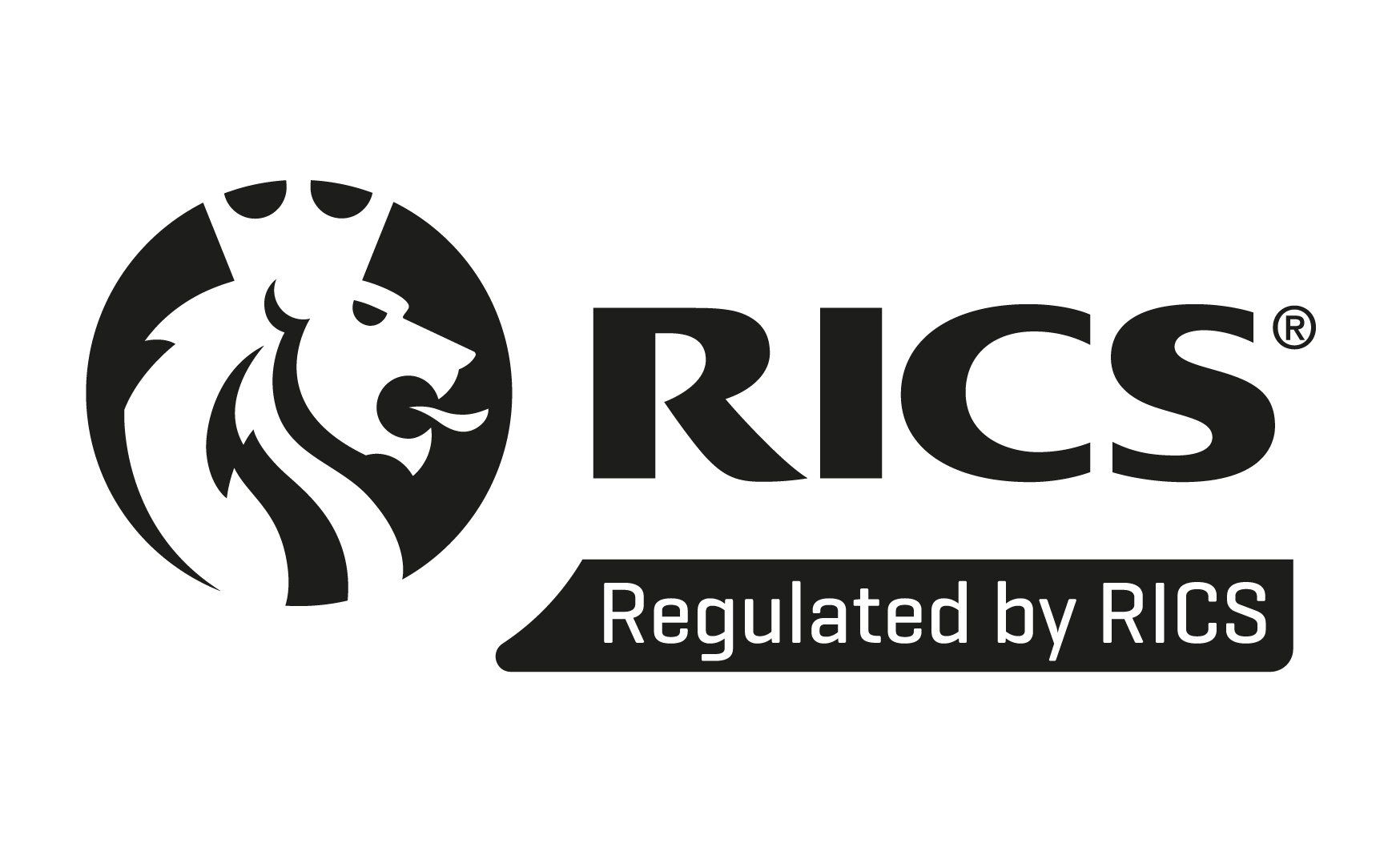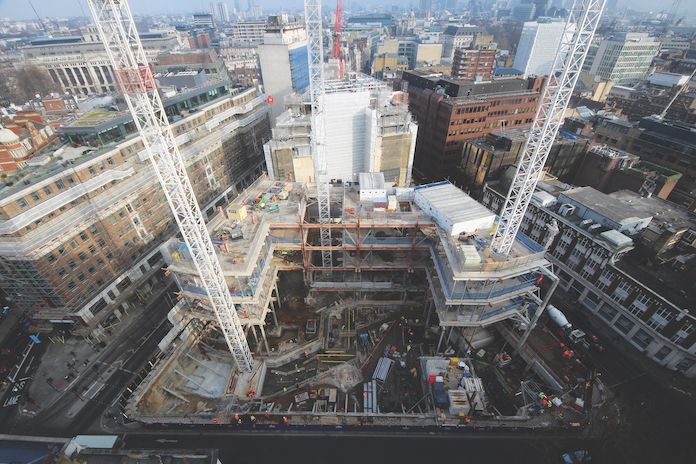Adjudication
What is Adjudication?
Adjudication is a procedure under which an independent third party called the Adjudicator, within a fixed time period and in accordance with agreed adjudication provisions, will give an interim Decision on a dispute, which must be implemented. If either party is not satisfied with the Decision, then the dispute can be referred to a final procedure, such as arbitration or litigation.
The purpose of adjudication is to provide a fast Decision rather than necessarily the correct Decision so that the Parties can get on with the contract or other arrangement. For parties to a construction contract, the adjudication process was specifically designed to speed up cash flow within the construction industry hence the need to a quick Decision. A Decision can be provided within 28 days of the issue of a referral notice by the referring party. A responding party is usually provided with a short period of time to deal with any defences it may wish to raise in the adjudication process. The Decision will usually be binding until the final procedure has reached its final determination (this is known as temporarily binding) as the final determination is likely to begin after the project is complete and maybe produced many years after the dispute arose.
By giving the Parties a temporarily binding Decision, they can get on with the project in accordance with that Decision and then review it after the project has been delivered.
Adjudication is not necessarily subject to any specific law in the way arbitration is governed by the Arbitration Act 1996. Adjudication may be imposed by statute, such as the Housing Grants, Construction and Regeneration Act 1996 (“the Act”), which applies to construction contracts, or agreed in the contract between the Parties, or agreed by the Parties after the dispute has arisen.
The types of dispute being referred to adjudication can be categorised as:
- between commercial organisations within a particular industry, such as the construction industry or the Communications Providers ADR Scheme;
- between a commercial organisation in a particular industry and a consumer, such as
- the Communications and Internet Services Adjudication Scheme;
- between a governmental or local authority organisation and its customers. The procedure may include options for different ADR procedures including adjudication;
- tribunals and dispute boards within a particular industry or type of activity.
Adjudication Procedure
The considerable growth of construction adjudication since 1998 has resulted in the development of procedures and practices that have been developed and interpreted in judgments by the courts. The stages and practices in construction adjudication, together with the solutions to many of the problems, will also apply to other types of adjudication.
The different adjudication practices include detailed procedures to suit the requirements of the particular industry or type of dispute. The typical stages and procedures include:
- definition of the type of dispute which can be referred to adjudication under this procedure;
- the selection and appointment of the Adjudicator, together with the fee arrangements;
- alternatives for fast-track or the full procedure. Fast-track may be documents only, probably exchanged by e-mail. The full procedure will allow time for additional exchanges of documents and evidence, possibly with a meeting for the exchange of oral evidence, or an inspection of the location of the dispute or other relevant matters;
- definition of the dispute and the issues, to be determined by the Adjudicator;
- the powers and obligations of the Adjudicator;
- actions by the Adjudicator and the Parties during the adjudication;
- provisions covering the Adjudicator’s Decision and what should be included in the written Decision;
- special provisions for the implementation and enforcement of the Decision.
Adjudicators
Any Adjudicator must have practical knowledge and experience of the type of situations which lead to disputes in their particular industry or activity. Whilst some of the necessary knowledge can be obtained through training, considerable relevant personal experience is also necessary in order that the Adjudicator can react quickly, efficiently and with understanding of the facts of the dispute.
Through the experience of construction adjudication, it became clear that organisations which are adjudicator nominating bodies or ANB's, such as the Chartered Institute of Arbitrators (CIArb), the Technology and Construction Solicitors Association (TESCA),the Institution of Civil Engineers and Royal Institution of Chartered Surveyors (RICS) that provide qualified Adjudicators must also publish guidelines for the criteria and requirements for the experience, training and assessment of the people who comprise their list of approved Adjudicators. This includes regular reassessment and review of actual Decisions.
The Adjudicator must also have a working knowledge of contract law and any other laws and regulations that may be relevant to the particular activity and type of dispute. Experience from the construction industry has shown that some formal legal training is essential.
UK case law has demonstrated that it is essential that the Adjudicator is well versed in the process of adjudication. This can only be achieved through experience and training in the procedures that are followed and the problems that may arise during an adjudication. It is also necessary to understand the process of reaching and preparing a written enforceable Decision.
Natural Justice and Adjudication
Probably the most controversial aspect of the development of adjudication has been the question of whether the procedure is subject to the principles of natural justice. The courts have now established that natural justice does apply, but the extent and detail to which it applies depend on the particular situation and adjudication procedure. This has resulted in the use of the term ‘procedural fairness’, which takes into account the restrictions placed on the decision-making process by the procedure.
In general terms, the Adjudicator must ensure that:
- he or she answers the question that has been put to him or her, this is generally set out on the notice of adjudication;
- each party knows the allegations made against it;
- each party has an opportunity to know and respond to any evidence (whether generated by a party or the Adjudicator) the Adjudicator will use in reaching his or her Decision.
The fact of the time limits in adjudication brings practical problems that require efficient and fair management by the Adjudicator.




